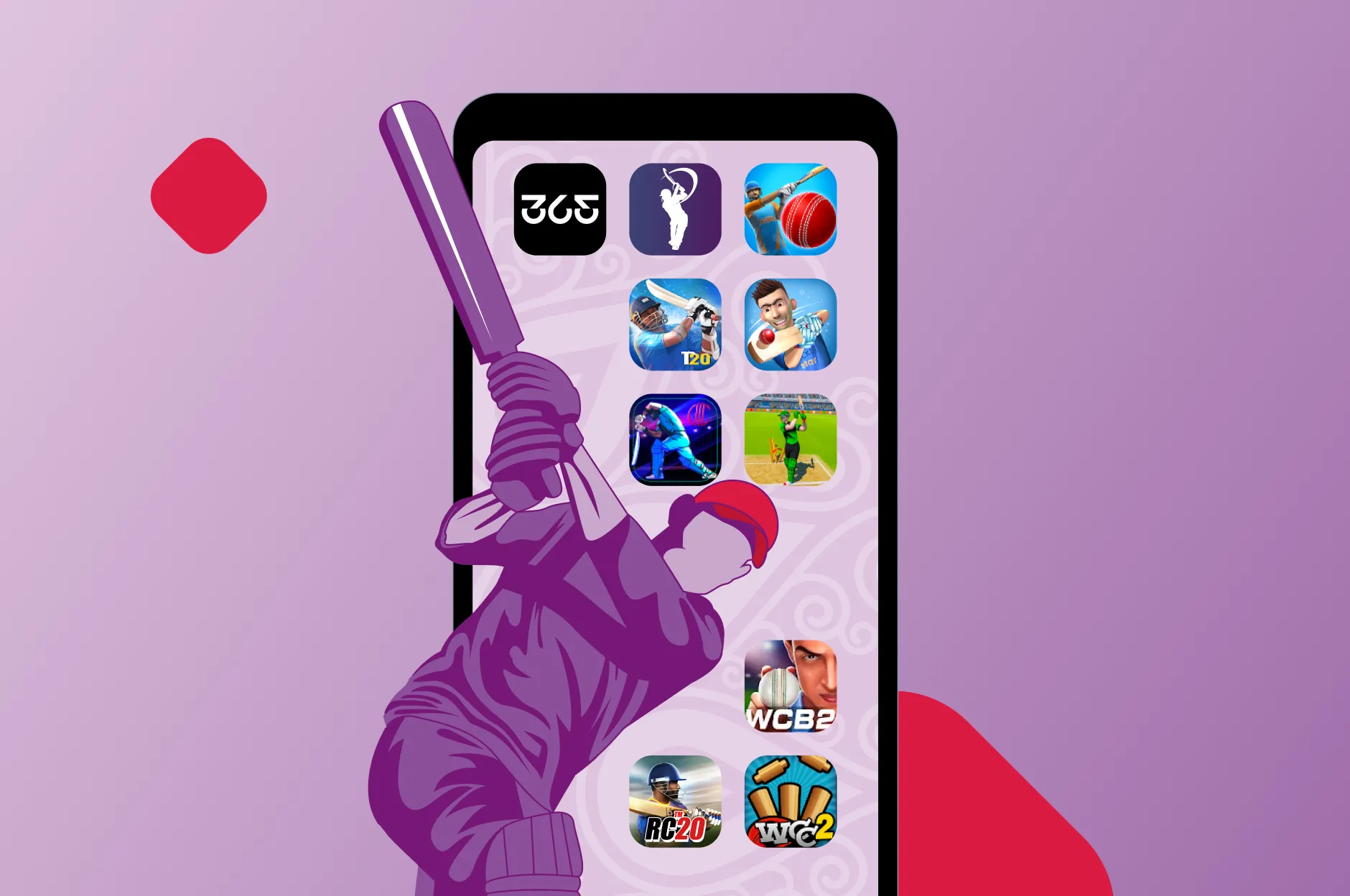

Will EU Ruling Against Google Level The Playing Field for App Developers?
The EU claims that Google is using its dominant market position (Android powers 80 percent of the world’s smartphones) to force smartphone manufacturers (OEMs) to prominently position Google-owned apps on device home screens.The problem stems from Google’s licensing agreement for the Google Play Store – which grants OEMs free access to the world’s largest marketplace for Android apps but stipulates in its terms and conditions that Android-powered devices must also pre-install Google as the device’s default search engine, as well as favorably position other Google-owned apps (such as Google Chrome and YouTube) on devices’ home screens.The EU has given Google 90 days to stop this “anti-competitive behaviour” or face the threat of further fines. In the meantime, Google is expected to launch an appeal against the ruling.So what does this mean for app developers?In the short-term, probably very little.OEMs and consumers love Android. It is because Android is free that OEMs are able to sell smartphones for next to nothing and networks are able to virtually give them away for free.Similarly, OEMs and consumers love Google products because they are incredibly useful, work across multiple devices and have been part of the eco-system for many years. Let’s face facts, if your smartphone didn’t have Google search, YouTube or Google Maps pre-installed, you probably wouldn’t go looking for a competitive app.The more cynical among you might argue, even if a smartphone user wasn’t familiar with Google’s most popular apps, competitive apps would find it difficult to out-optimize their listings in the Google Play Store (although we wouldn’t put it past the EU to be keeping a close eye on this).Several technology commentators have suggested that OEMs might use the opportunity to replace Google’s highly popular apps with their own applications. Again, this is highly unlikely to happen. OEMs, who are in the business of selling phones, are more interested in delivering an amazing user experience straight out of the box than fighting a losing battle against a powerhouse like Google. Potentially second-rate, Google clone apps are highly unlikely to provide that “wow factor” their customers demand.The fact that the smartphone in your pocket more than likely came pre-loaded with a number of Google apps not included in the Google Play Store licence agreement, demonstrates how much OEMs and consumers value Google apps.So even if the EU ruling goes some way to creating a level playing field, the opportunity to compete with Google isn’t very realistic.The good news for app developers is that Google is only really interested in apps with mass market appeal. There are still many sizable and potentially profitable niches that Google will never touch. This presents an opportunity for smaller and more agile app developers to create the tools and the toys to fill these voids.While it might not be possible to compete with Google, the opportunity to appear alongside its apps on the home screens of millions of devices is very real.At Digital Turbine we work with app developers around the world who complement Google’s must-have products with their own amazing apps.Does your app have the “wow factor” to appear alongside some of the world’s most successful applications? Talk to one of our advisors today about how pre-loading can help you reach a new audience.






.jpg)
